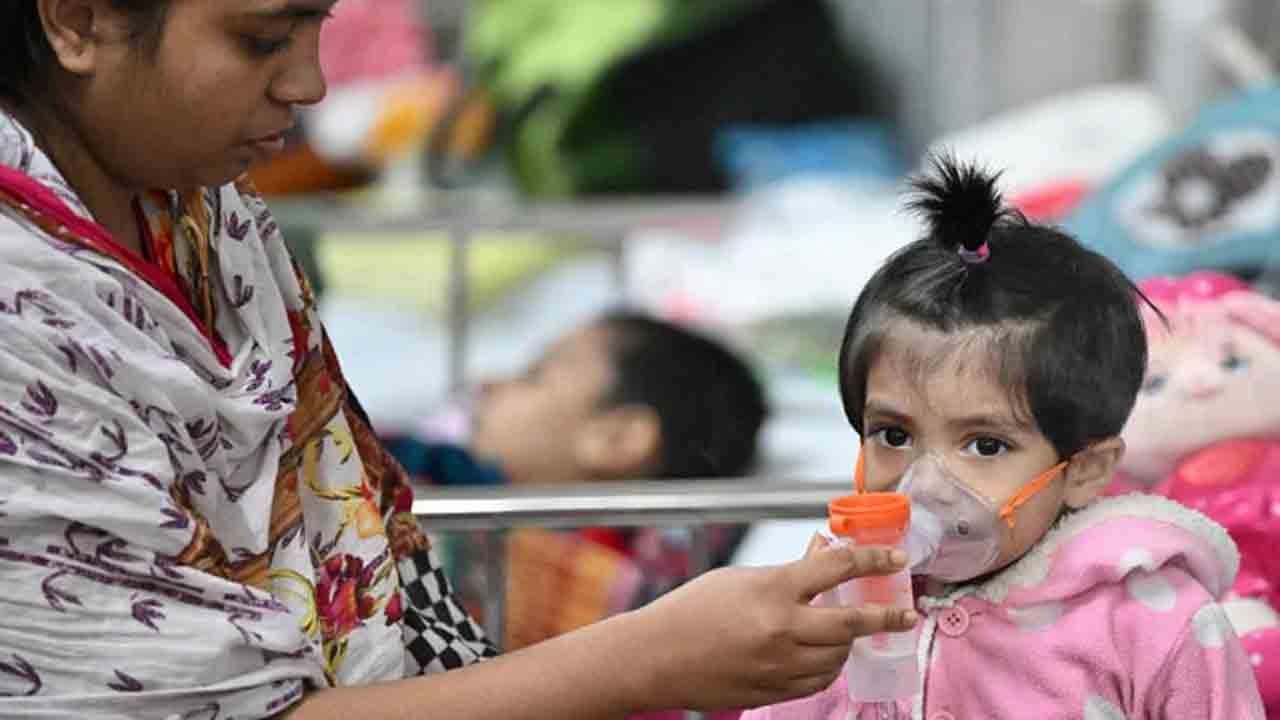Climate change is no longer a distant threat—it is reshaping our world in profound ways, including its serious impact on public health. A recent study by Stanford University has revealed a troubling link between climate change and the rapid rise in dengue cases. According to the research, nearly 20% of dengue cases in 2024 can be attributed to climate change, marking an alarming new dimension of this global crisis.
This study sheds light on how rising global temperatures are accelerating the spread of mosquito-borne diseases like dengue, particularly in regions previously unaffected by the virus. With over 12.7 million cases recorded worldwide by September 2024—double the cases reported in 2023—the need for immediate action has never been more urgent.
How Climate Change Fuels Dengue Spread
Dengue, transmitted by the Aedes aegypti mosquito, thrives in warm and humid conditions. According to the study, the optimal temperature range for dengue transmission is between 20°C and 29°C. As global temperatures continue to rise, regions once considered too cold for dengue are becoming breeding grounds for the disease.
Researchers found that rising temperatures have increased the spread of dengue in countries such as Peru, Mexico, Bolivia, and Brazil, with cases projected to increase by 200% in these regions over the next 25 years. Globally, the rate of dengue cases is expected to double in the same period.
Dengue Symptoms and Severity
Dengue is often referred to as “breakbone fever” due to its severe symptoms, including:
- High fever
- Headache
- Muscle, joint, and bone pain
- Nausea and vomiting
- Pain behind the eyes
- Swollen glands
- Skin rashes and itching
Most patients recover within a week, but in severe cases, dengue can lead to dangerously low platelet counts. This can cause internal bleeding, organ failure, and even death.
Historically, dengue was more common in equatorial regions, but global warming has expanded its reach. Many regions in Asia, the Americas, and even parts of Europe are now at risk.
Linking Climate Change and Health
While climate change’s impact on natural disasters like hurricanes, wildfires, and floods is well-documented, its effects on human health remain underexplored. This study highlights dengue as a prime example of how climate change exacerbates health crises.
Increased global temperatures have created ideal conditions for the Aedes mosquito, which thrives in warmer climates. More mosquitoes mean higher transmission rates, turning dengue into a rapidly growing global health concern.
Urgent Need for Action
The findings of the Stanford study are a wake-up call. With 19% of 2024’s dengue cases directly linked to climate change, the implications for the future are dire. The World Health Organization (WHO) estimates that over 12.7 million cases have already been reported this year, but the actual number could be as high as 100 million due to underreporting.
Preventative measures are urgently needed to combat both climate change and its health consequences. These measures include:
- Climate Mitigation: Reducing greenhouse gas emissions to slow global warming.
- Mosquito Control Programs: Implementing widespread mosquito eradication initiatives in high-risk areas.
- Public Awareness Campaigns: Educating communities about dengue prevention, including the importance of eliminating standing water where mosquitoes breed.
- Global Collaboration: Encouraging countries to work together on solutions for climate-induced health challenges.
Future Projections
If global temperatures continue to rise unchecked, the health crisis caused by dengue will only worsen. The study predicts that by 2050, many more regions will face unprecedented outbreaks, with cases doubling worldwide.
Countries like Peru and Brazil are already seeing exponential growth in dengue cases. Without urgent interventions, these regions could experience a public health catastrophe in the coming decades.
A Call to Action
The connection between climate change and public health cannot be ignored. Dengue is just one example of how global warming is making the world a more dangerous place for human survival. Governments, international organizations, and communities must prioritize climate action and health preparedness to mitigate these risks.
As the WHO and other health organizations emphasize, addressing climate change is no longer just an environmental issue—it is a critical component of protecting global health. From investing in renewable energy to promoting sustainable practices, every effort counts in reducing the catastrophic effects of climate change.
The findings of this groundbreaking study underscore the urgent need for action. Climate change is fueling the spread of dengue at an unprecedented rate, putting millions at risk. With nearly 20% of this year’s cases linked directly to global warming, the time to act is now.
Preventing the next wave of climate-induced health crises requires bold and immediate steps. By addressing the root causes of climate change and investing in preventative health measures, we can protect vulnerable populations and ensure a healthier, more sustainable future for all.



